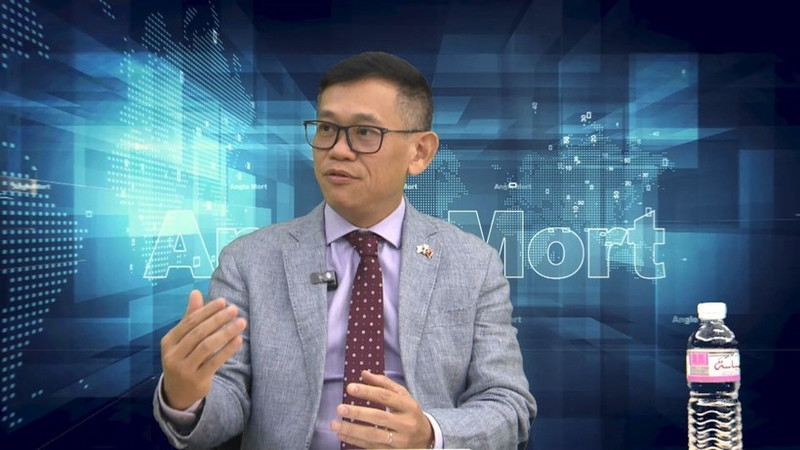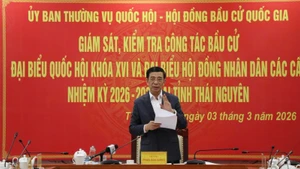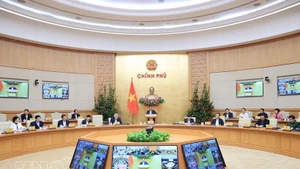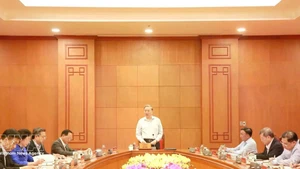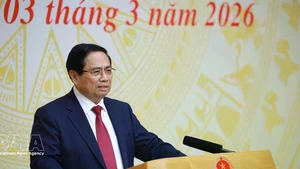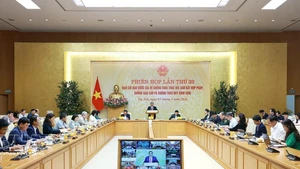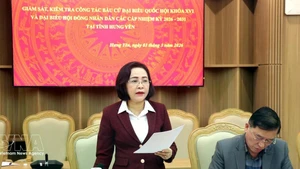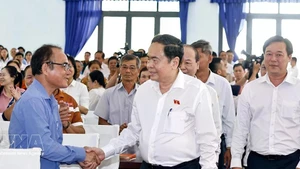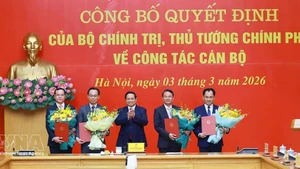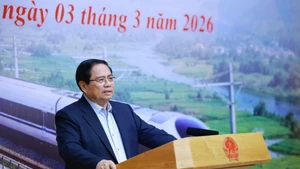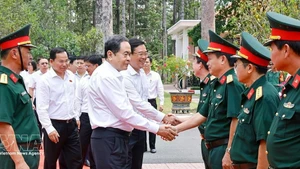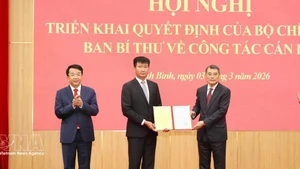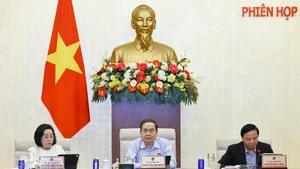Notably, it provides special support for developing nations through financial assistance, technology transfer, and human resource training to help bridge the global digital divide, he said at a recent television programme in Algeria.
The signing ceremony of the convention in Ha Noi on October 25–26 is expected to see the participation of representatives from more than 100 UN member states, the ambassador noted.
Khanh highlighted that this landmark agreement represents the culmination of six years of intensive negotiations that began in 2019. The goal of these discussions was to establish a comprehensive legal framework that would allow countries to collaborate more effectively in combating transnational cybercrime and ensuring a secure and healthy digital environment for the global community.
He also said that Algeria played an active role throughout the drafting process, chairing the negotiation group during several key phases. The North African nation’s engagement, he added, underscores its commitment to advancing international cooperation on cybersecurity and reinforces Africa’s standing in global issues.
According to the ambassador, the negotiation process initially faced significant hurdles due to differences in perspectives and development levels among countries. Some viewed the issue through an economic lens, while others approached it from social or technical standpoints. However, through dialogue and cooperation, member states ultimately agreed on a comprehensive solution balancing their interests.
When asked about the possibility of forming a “digital Interpol,” Khanh clarified that the convention would not replace existing mechanisms but rather create a unified legal foundation to enhance coordination among international bodies such as Interpol and the United Nations in data sharing and cybercrime response. Each country retains full judicial sovereignty but can participate in a common cooperation framework to improve the efficiency of investigation and prosecution, he said.
Beyond discussions on the Ha Noi Convention, the ambassador also reflected on the long-standing friendship between Viet Nam and Algeria.
He identified three priority areas for bilateral cooperation - agriculture and food security, health care and pharmaceuticals, and digital transformation and energy.
Cooperation could expand into clean energy and digital technologies to support sustainable growth in the future, the ambassador suggested.
